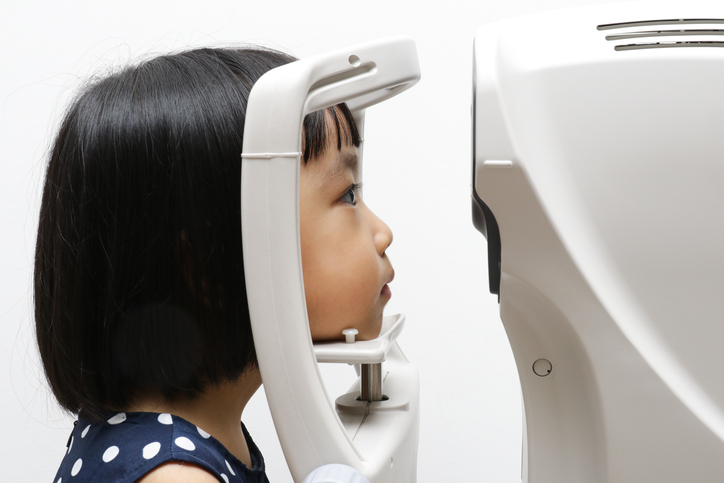Children’s Vision

Vision and Eye Health for Children
Did you know that one-in-six children have vision problems and many have never had an eye examination?
You should not assume that your child has good vision because they pass a school vision screening. This is only one factor and does not measure any of the other vision skills needed for learning. Vision screenings are important but should not be substituted for a thorough vision and eye health examination.
Children with poor vision usually have difficulty focusing on their school work and may become frustrated and feel less capable when they need to work harder than other students. Also, a child’s inability to focus may cause them to be misdiagnosed as having a learning disability.
These are some signs that may indicate that your child may have vision problems:
- - Poor marks on a School Report Card
- - Has trouble reading and uses a finger to maintain their place
- - Experiences headaches
- - Sits close to the T.V.
- - Tilts head frequently to use one eye only

- - Squints often
- - Bumps into objects
- - Cannot see street signs or recognize familiar faces
At the end of your child’s examination you will know if your child;
- - Has healthy eyes
- - Sees well at all distances and without eyestrain
- - Sees colours normally
- - Has normal binocular vision and depth perception

Did you know that children can have their eyes examined as early as 6 months old? And that they should have an eye examination around the age of three, before they start school and then every 12 months?
They do not need to know how to read or know the alphabet to have their eyes examined.
